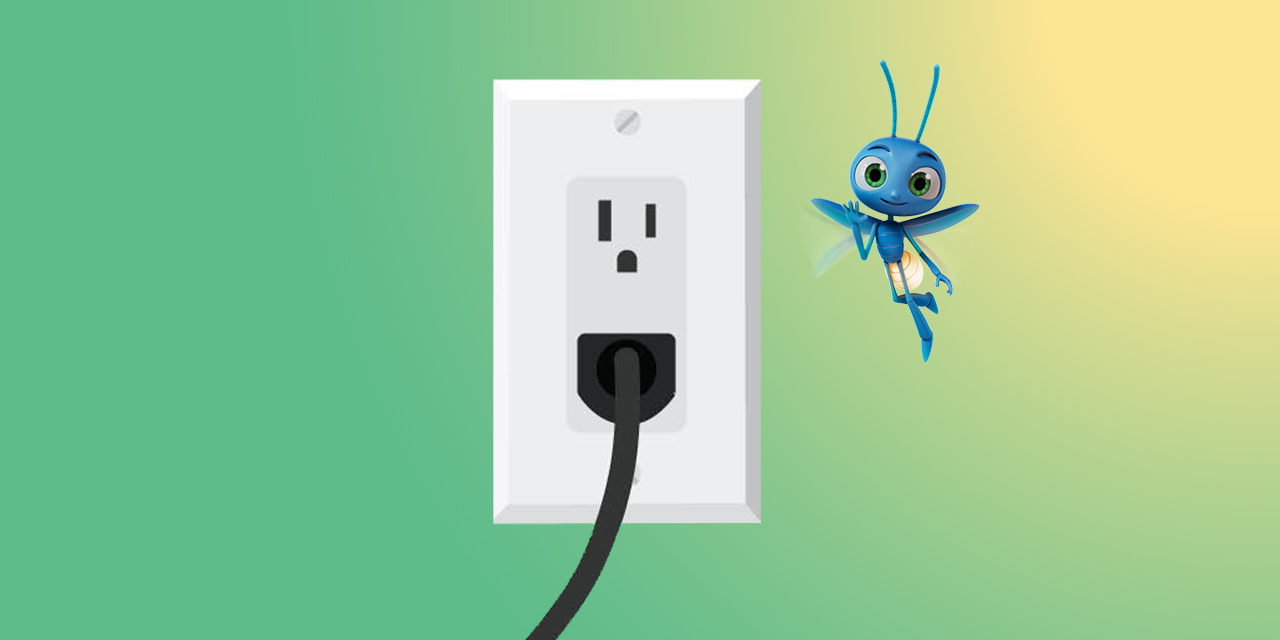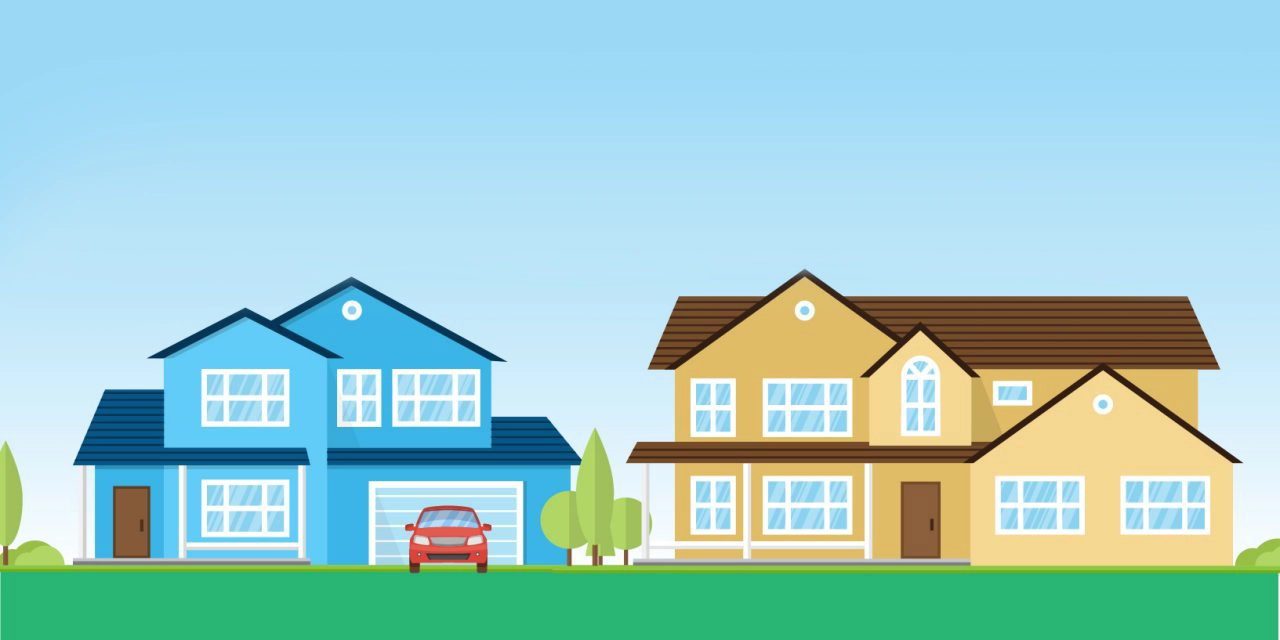Green Mountain Energy® Blog
Here’s Why You Need an Indoor Plant in Every Room
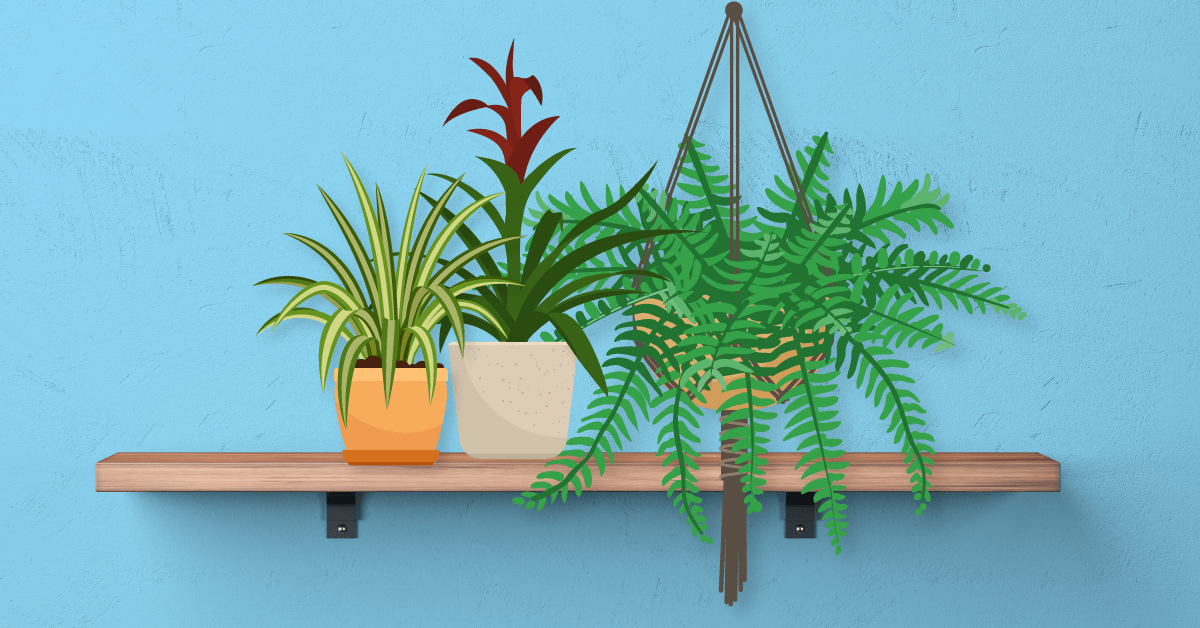


Plants are awesome. There’s nothing quite like walking through the park on a spring day and watching the bushes bloom with flowers. Or walking through that same park on a fall day and watching the leaves changing colors. No matter the season, plants rule.
Plants also rule when you bring them indoors. Not only are they a fun way to decorate a living room (and dining room, and kitchen, and bedroom), they have a ton of health benefits for your home and office space. They’re also fantastic conversationalists.
Here are some of the things that indoor plants can do for your living and working spaces, and a few of our personal favorites (and yes, we named them).
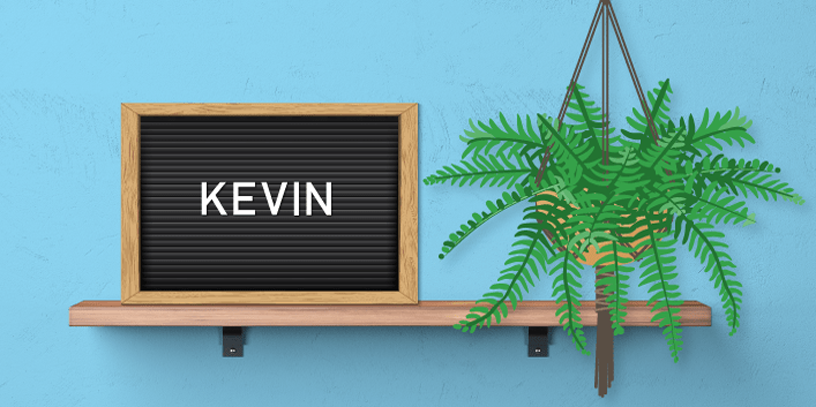


Plants put good things in the air.
You may have heard that house plants are nature’s air purifiers, and this is true. A popular NASA study from the 1980s found that house plants can help remove volatile organic compounds (VOCs) such as formaldehyde, benzene and trichloroethylene from indoor spaces. Since that time, follow-up research has shown that air-purifying indoor plants have less of an impact than other air filtration and ventilation methods, but that doesn’t mean that the Boston fern by your TV is just hanging out doing nothing.
House plants alter what’s called the “indoor microbiome,” which is a fancy way of saying all the microscopic stuff that’s floating around your home. Recent studies have shown that indoor plants increase the abundance and the diversity of microbes in your home, which can help prevent harmful bacteria from settling in and causing illness.
This little buddy is a Boston fern that we’re calling Kevin. Kevin is a really nice guy, and he always wants you to be well.
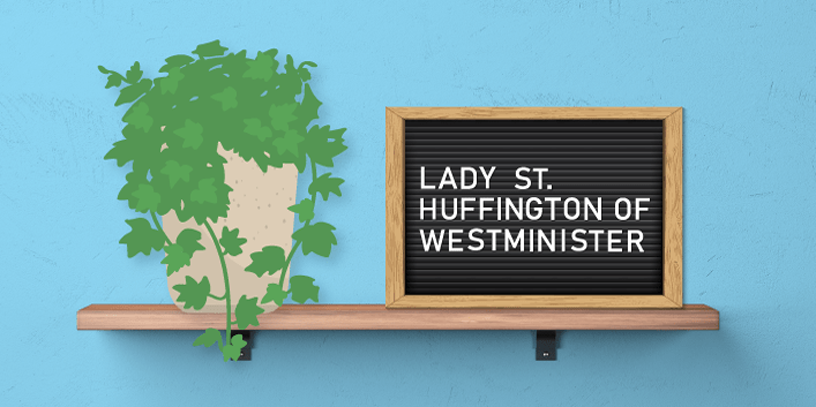


Plants reduce stress.
A 2015 study published in the Journal of Physiological Anthropology gave participants a series of tasks while measuring the biological factors associated with stress (heart rate, blood pressure, cortisol levels, etc.). They found that the group working with house plants significantly lowered the stress response in participants.
This pretty little lady is called an English ivy, so we’ve decided to name her Lady St. Huffington of Westminster. Plant experts recommend her for the bathroom because she’s also pretty great at sucking up the kind of air particles you find in there.
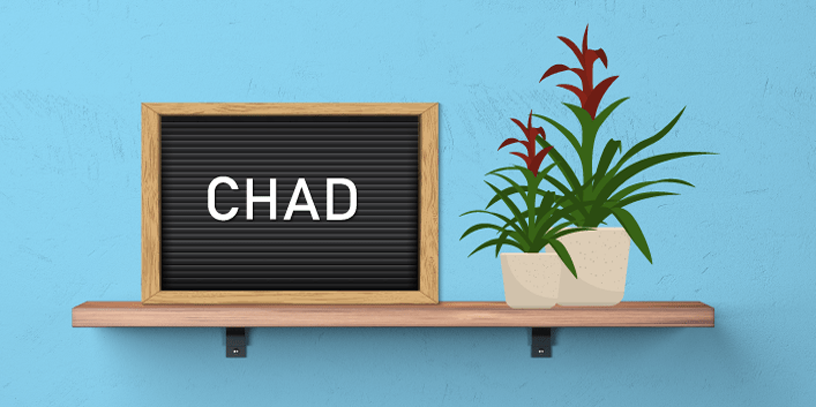


Plants increase productivity and overall job satisfaction.
Multiple scientific studies have shown that plants in workplaces increase both productivity and creativity. People with plants in their cubicles take fewer sick days and get more work done than their plant-deficient colleagues. One popular study from 1996 found that students in a computer lab were 12% faster and were less stressed when plants were placed nearby.
More recently, researchers interviewed more than 400 Amazon employees in multiple countries, finding that the workers whose offices had indoor plants felt happier with their jobs and more committed to the company than those who weren’t around plants.
This is Chad. He’s a bromeliad. We’ve got him at work because he always has the coolest jokes.
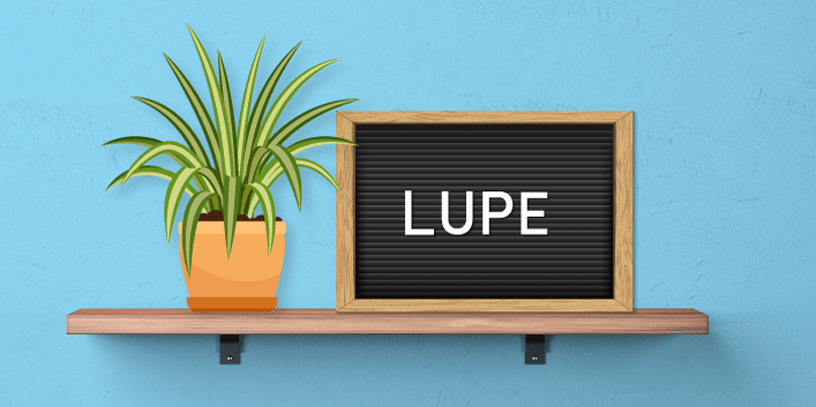


Plants help you recover from illness faster.
It seems hard to believe, but more than one scientific study has found that the presence of indoor plants has a number of benefits for those who are ill. One study found that hospital patients with plants in their rooms required less pain medication, had lower blood pressure and heart rate, and felt less anxiety and fatigue when recovering from surgery.
Lupe here is our favorite friend to hang out with when we’re laid up in bed with the flu.
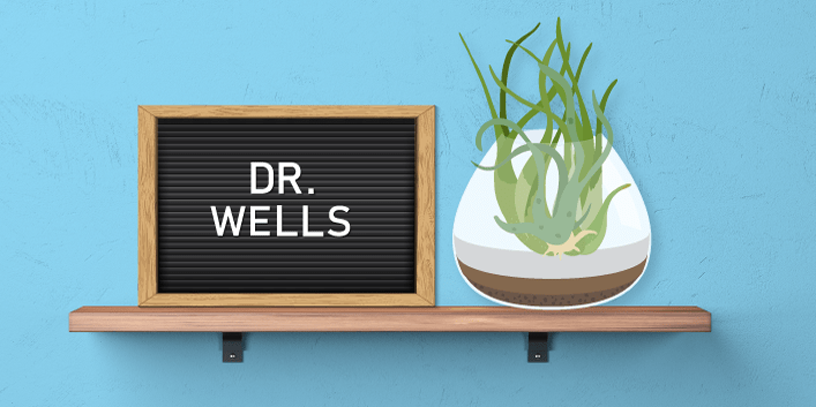


Plants help with depression and mental wellness.
The benefits of indoor plants stretch to the mind as well. In fact, there’s a whole field of therapy devoted to the practice of working with plants. Horticultural therapy, as it’s called, is used to treat a range of psychological issues from depression to PTSD. Horticultural therapy is also used to promote mental wellness for people recovering from invasive surgeries as well.
Since this plant right here has her MD in psychiatry, we call her Dr. Wells.
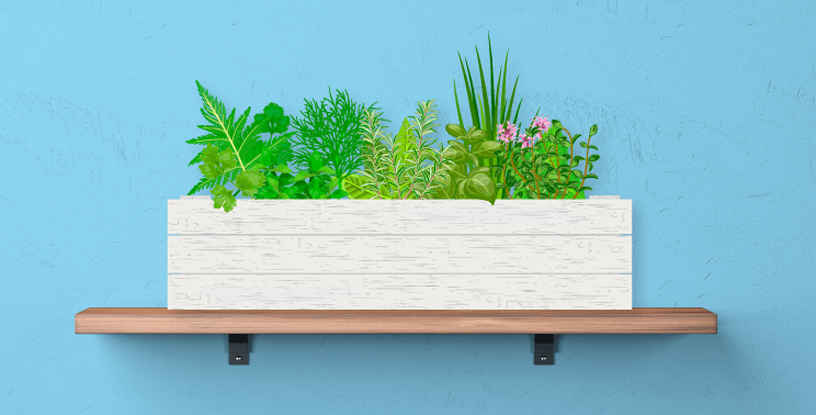


Plants are just great, useful and good to have around.
We don’t have a particular study for this one. We just believe it. Plants make our living and working spaces better, and working with plants makes us happier. Put an areca in your bedroom to make the place more beautiful and purify the air. Place an ivy in your bathroom to have conversations with while taking a shower. Plant herbs and aloe vera in your kitchen window for cooking and soothing burns. Stick a ficus in the corner of your office to keep your stress levels down. Just put plants everywhere.
Find a renewable energy plan that helps your home go green.
Enter your ZIP code to get started.
Our customers have avoided
pounds of CO2
That’s like planting
new trees.


